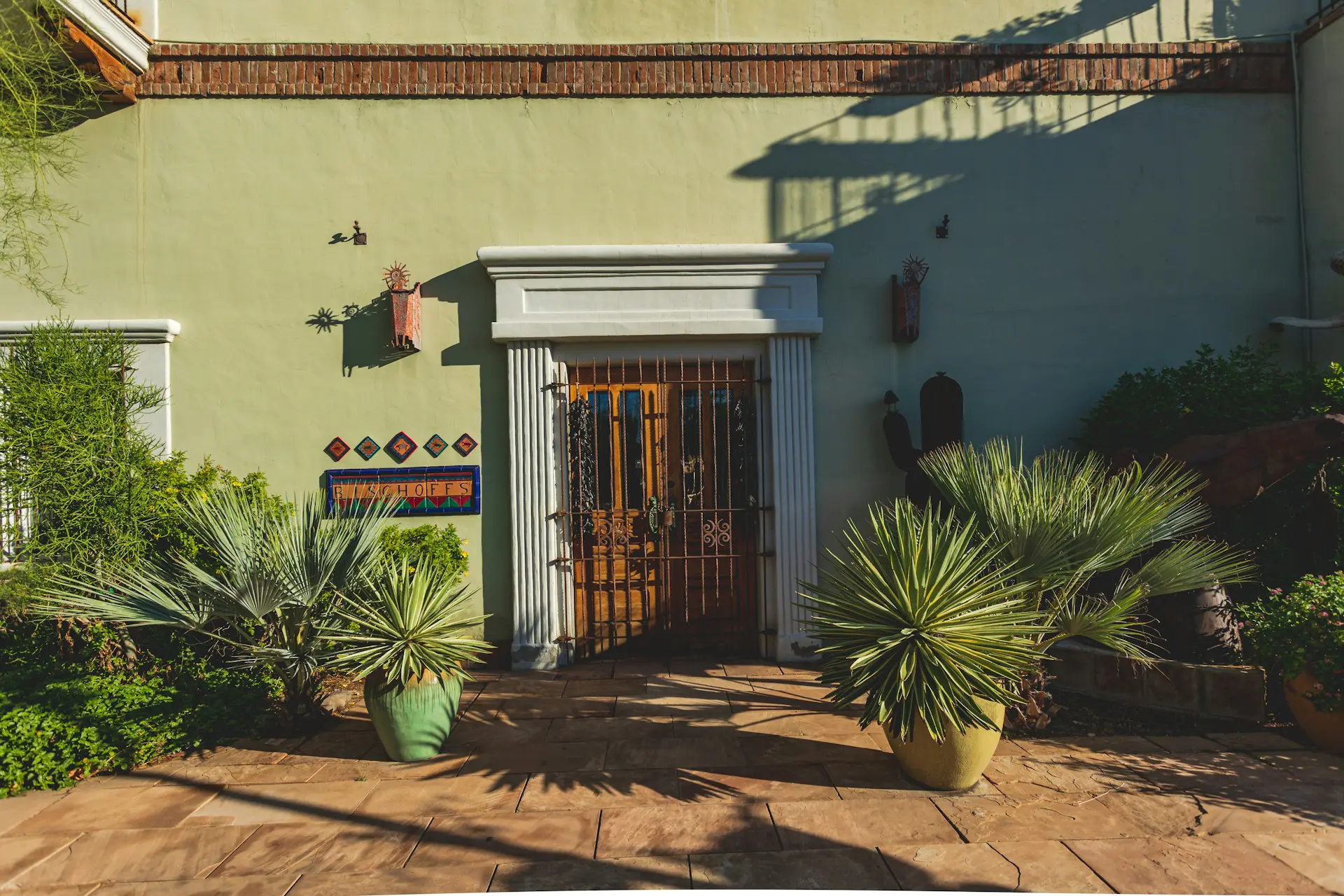
11 Jan The Best Way to Leave Your House to Your Children
A house is a very valuable asset, and by leaving your home to your children you’re setting them up with a legacy for the future. At least, that’s what most people intend to do when they leave their house to their son or daughter. However, most people also fail to plan for expenses like capital gains tax or probate fees.
Part of building generational wealth is sparing your children unnecessary expenses. Don’t let inheriting a house become a financial burden instead of a blessing—here’s how to leave your house to your children in a way that sets them up for success.
Why You Shouldn’t Leave Your House to Your Children in Your Will
Although it may seem like the easiest way, this approach has several major disadvantages.
- First of all, wills are subject to probate. This means the court has to verify the legitimacy of the will and its bequests. Probate can take months or even years, which means your children can’t inherit right away.
- Secondly, wills are a matter of public record. If you want to protect your children’s privacy, you should set up a trust instead.
- A third drawback is that if your children ever decide to sell the house, they’ll have to pay capital gains tax. If the property value has increased since the time of your death, they’ll lose a significant portion of their profits to taxes.
- And finally, wills can be contested. If someone else with a claim disagrees with your decision about who inherits your house, it will be up to a judge to settle the matter.
Can You Give Your House to Your Children as a Gift?
You can, but gifting your home to your children during your lifetime has its drawbacks as well. Given that most homes are worth much more than the yearly tax-free limit ($19,000 in 2025) you will have to pay gift taxes on the additional value of the home. This means you could be paying taxes on hundreds of thousands of dollars.
Your children will also have to pay capital gains tax if they ever decide to sell the house. That amount will be based on the increase in property value since your original purchase, not on your home’s value at the time of the gift. Gifting your house to your children could also affect your eligibility for Medicaid benefits, so this option is not ideal.
What About Using a Transfer on Death Deed?
You can avoid probate and transfer ownership of your home directly to your children using a Beneficiary Deed (also known as a transfer-on-death deed). In Arizona, this document must be signed before a notary public and filed with the county recorder’s office. If you do not take these steps, the deed will not be legally valid.
There are no gift taxes associated with inheriting a house through a beneficiary deed. And any capital gains taxes would be based on the property value at the time of transfer. However, you can’t make a minor child your beneficiary using this method.
The Best Way to Leave Your House to Your Children Is to Set Up a Trust Fund
When you place your home in a revocable living trust, your children can avoid having to pay capital gains tax in the future. It also keeps your house out of probate, so your children can inherit immediately and avoid a long and costly court process.
Avoiding probate is reason enough to set up a trust. Leaving your home to your children in your will won’t cost a cent. However, the expense of setting up a trust is usually far less than the cost of probate fees.
A trust is also a great tool for leaving your home as an inheritance for minor children. As beneficiaries, they will inherit the house when they’re old enough. Until then, the trust will own the house and your successor trustee will handle all of the administrative duties, like paying the utilities and property taxes.
Estate Planning Can Help You Protect Your Family Home and Your Children’s Inheritance
At Phelps LaClair, estate planning is all we do—it’s been our family business for generations. We know exactly how important it is to you as a parent to protect the legacy you’re building for their children and give them a solid financial start in life. Whether you’re a new parent or a grandparent, it’s never too early or too late to start estate planning. If you’re interested in learning more about how estate planning can help you build generational wealth, contact us today to schedule a consultation.
Photo by Jeremy Alford on Unsplash used with permission under the Creative Commons License for commercial use 1/5/25. (Old Town Scottsdale, AZ)


